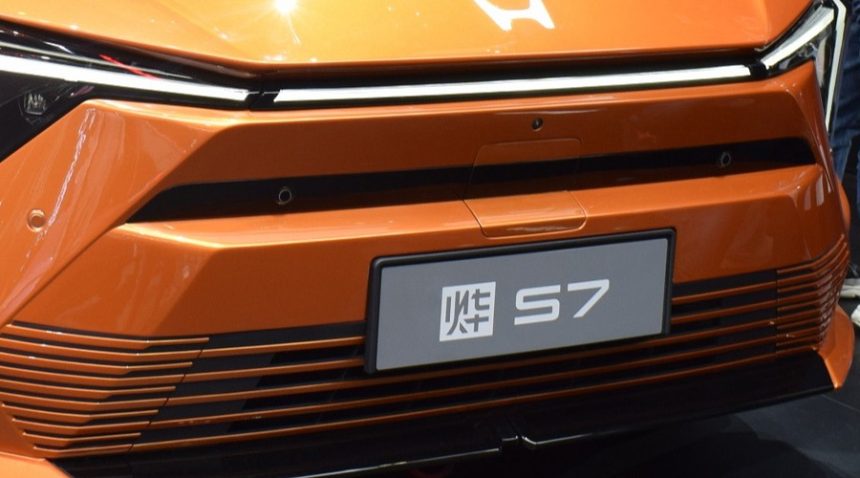Explore the rise of electric vehicles (EVs) and the future of the automotive industry
Japan’s automotive industry, once a symbol of innovation and efficiency, is currently facing significant challenges that necessitate a strategic reinvention to maintain its global competitiveness. The rapid shift towards electric vehicles (EVs), intensifying competition from international manufacturers, and evolving consumer preferences are compelling Japanese automakers to reassess and revitalize their approaches.
The Global Shift to Electric Vehicles
The global automotive landscape is undergoing a transformative shift towards electrification, driven by environmental concerns and stringent emission regulations. Japanese automakers, traditionally strong in hybrid technology, are now confronted with the imperative to accelerate their development and deployment of fully electric vehicles (EVs).
Recent data indicates that Japan’s electric car market is poised for substantial growth, with projections estimating a compound annual growth rate (CAGR) of 17.03% from 2024 to 2030, reaching a market size of USD 111.31 billion by 2030.
Despite this potential, Japanese manufacturers have been criticized for lagging behind competitors, particularly those from China and the United States, in the EV sector.
Intensifying Global Competition
The rise of Chinese automakers, especially in the EV market, presents a formidable challenge to Japan’s automotive industry. Chinese manufacturers have made significant inroads into markets traditionally dominated by Japanese brands, leveraging cost advantages and rapid technological advancements.
For instance, in the Middle East, Chinese cars have gained market share at the expense of Japanese and South Korean rivals, underscoring the competitive pressures faced by Japan’s automakers.
Strategic Responses: Mergers and Alliances
In response to these challenges, Japanese automakers are exploring strategic alliances and mergers to consolidate resources and enhance competitiveness. Notably, Honda and Nissan have entered discussions about a potential merger, aiming to create a unified entity capable of competing with global EV leaders like Tesla and BYD.
This potential merger, which could also involve Mitsubishi Motors, seeks to achieve economies of scale, reduce costs, and accelerate the development of electric and autonomous vehicles. If realized, the combined entity would rank among the world’s largest automakers by sales volume, positioning it to better navigate the evolving automotive landscape.
Innovation and Technological Advancement
To regain a competitive edge, Japanese automakers must prioritize innovation, particularly in EV technology, autonomous driving, and sustainable manufacturing practices. Investing in research and development to produce high-performance, affordable electric vehicles is crucial.
Additionally, embracing sustainable manufacturing processes, such as the increased use of recycled materials, can enhance brand reputation and meet growing consumer demand for environmentally responsible products. For example, Japanese carmakers are progressively incorporating more recycled plastics into vehicle production, reflecting a commitment to sustainability.
Adapting to Market Dynamics
Understanding and adapting to regional market dynamics is essential for Japanese automakers. In markets where EV adoption is accelerating, offering a competitive lineup of electric vehicles is imperative. Conversely, in regions with slower EV uptake, maintaining a diverse portfolio that includes hybrids and efficient internal combustion engine vehicles remains important.
Furthermore, addressing challenges such as declining domestic demand and an aging population in Japan requires a focus on international markets and the development of vehicles that cater to diverse consumer preferences globally.
The global automotive industry is at a pivotal juncture, with electrification and technological innovation driving unprecedented change. For Japan’s automakers to remain competitive on the world stage, a comprehensive reinvention encompassing strategic mergers, technological advancement, and market adaptability is imperative. By embracing these changes, Japanese manufacturers can continue to play a significant role in shaping the future of mobility.





